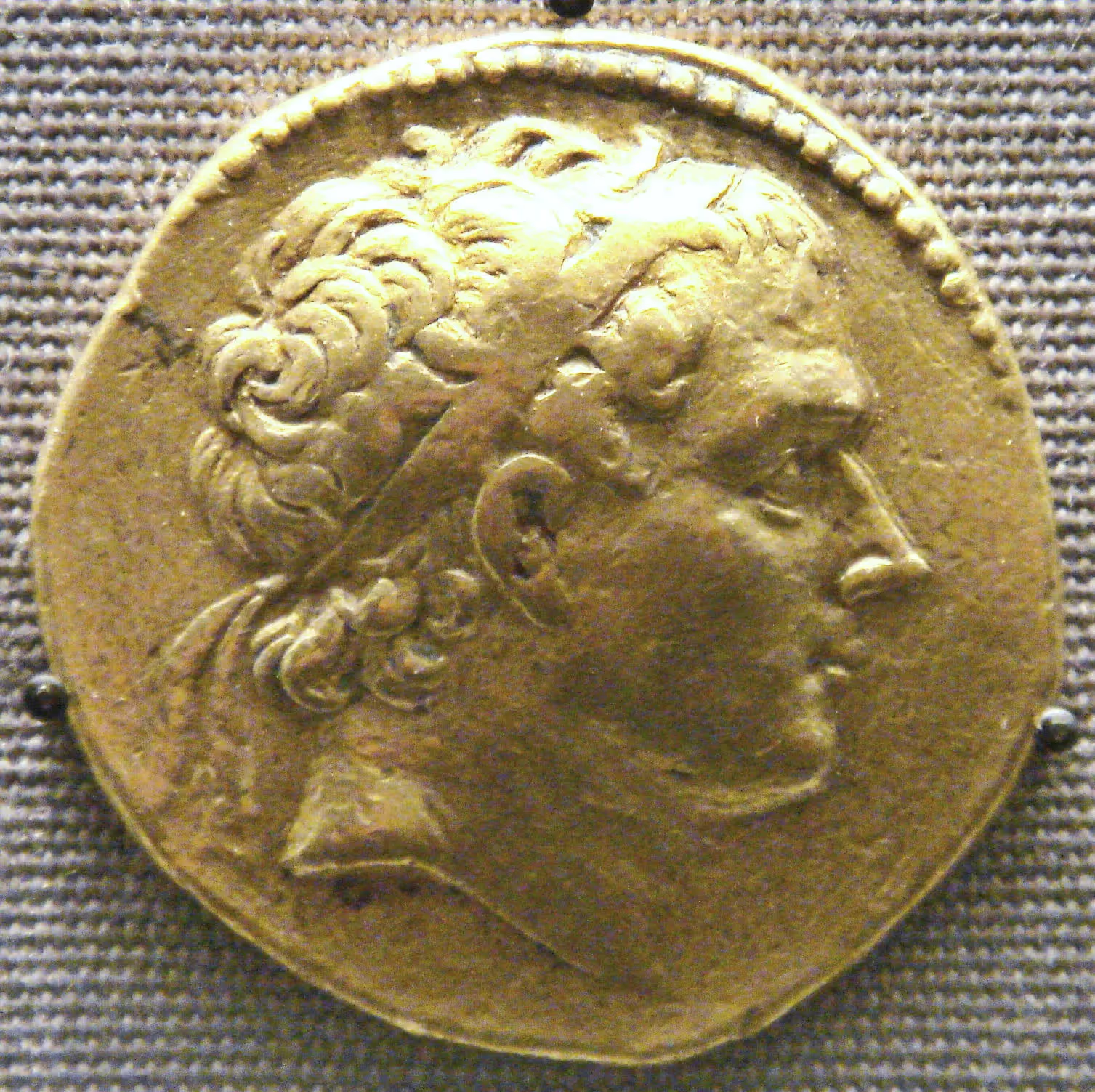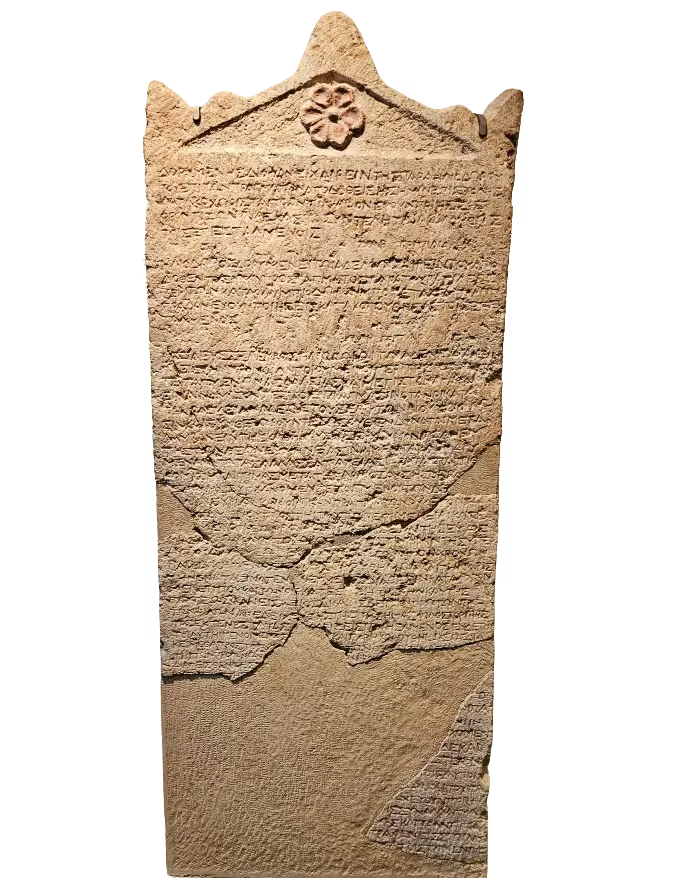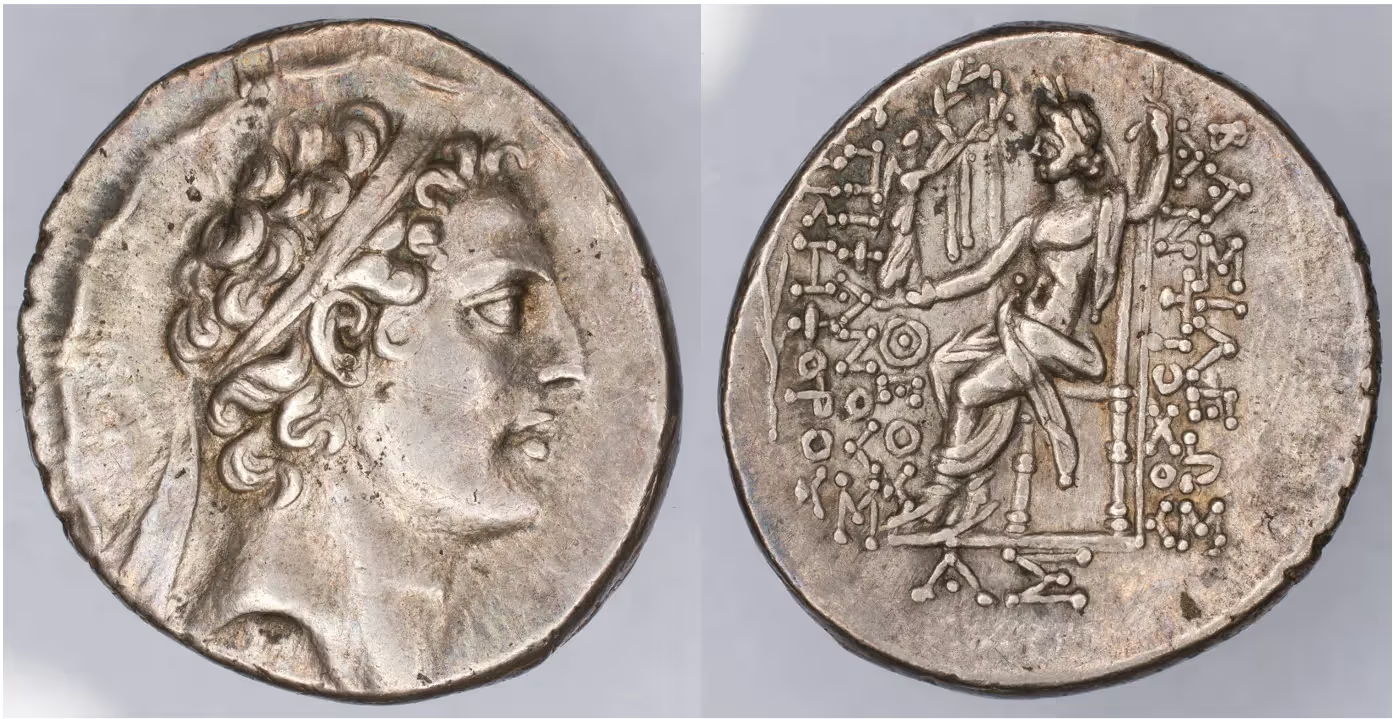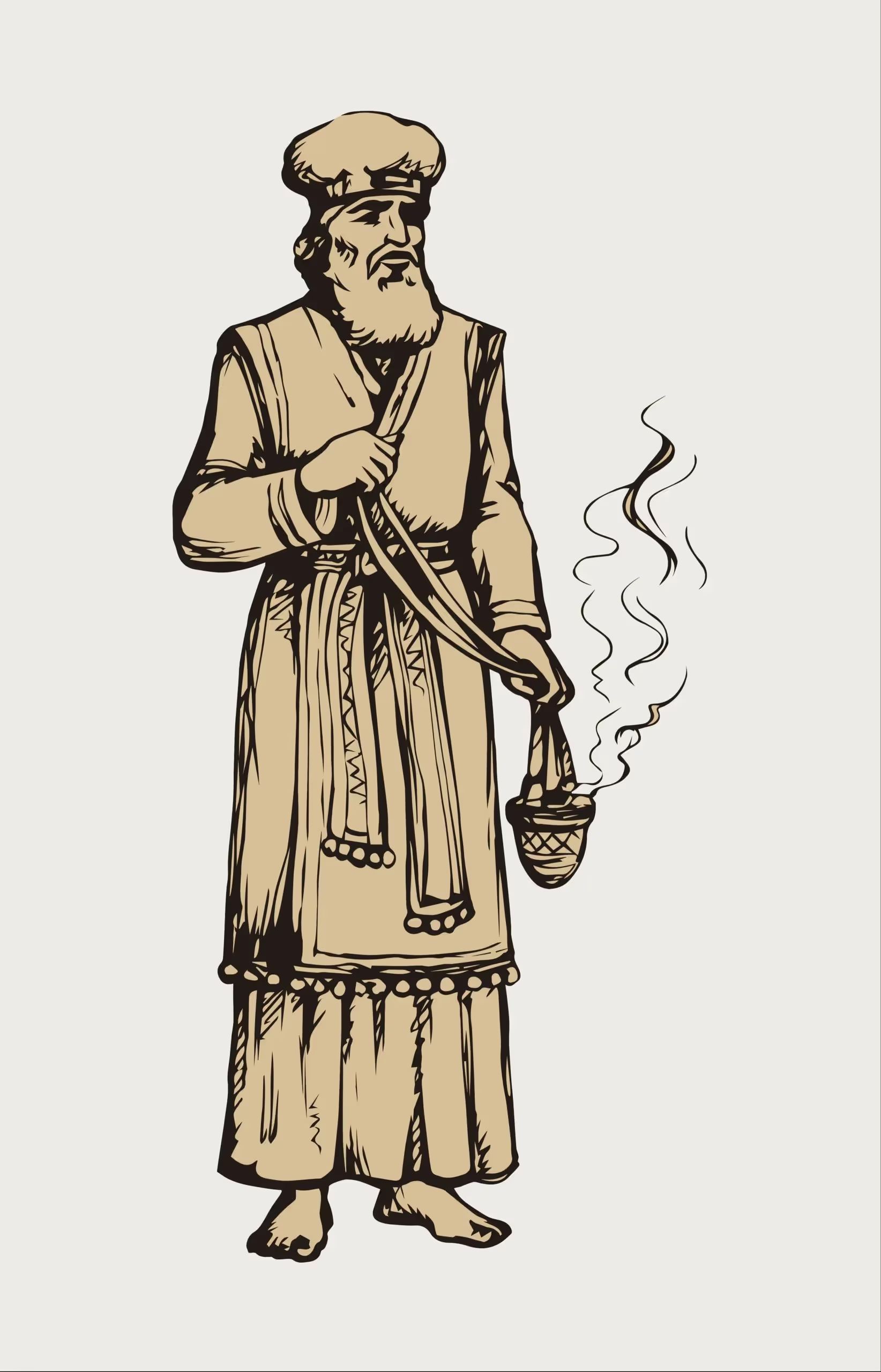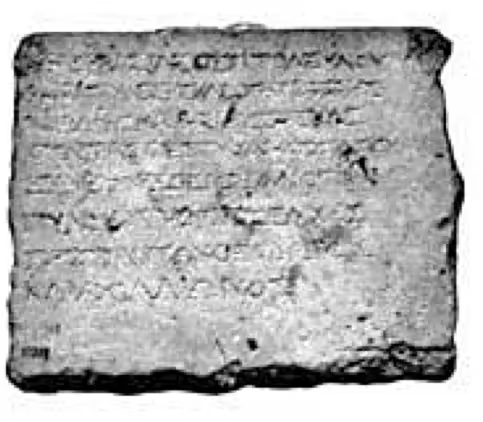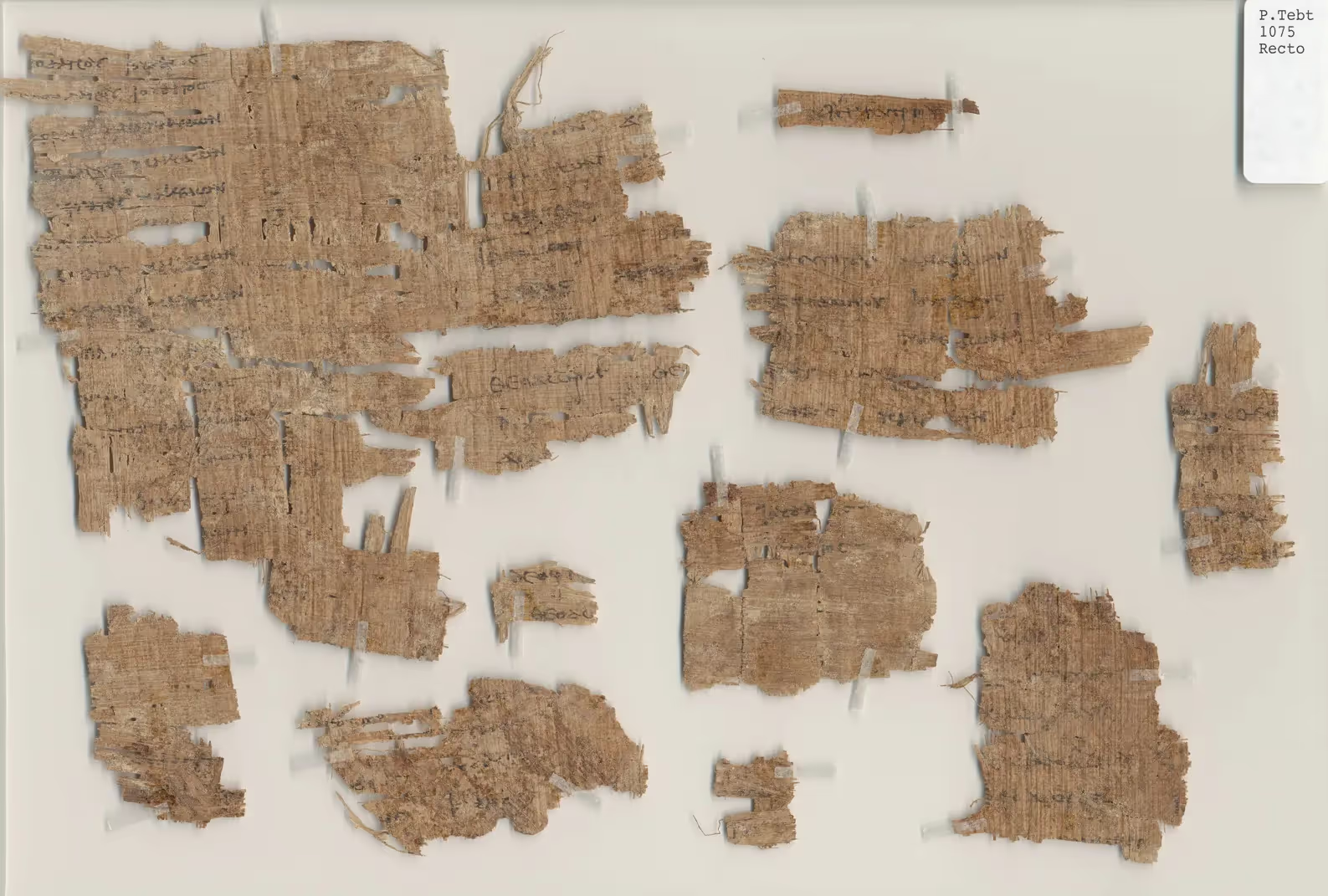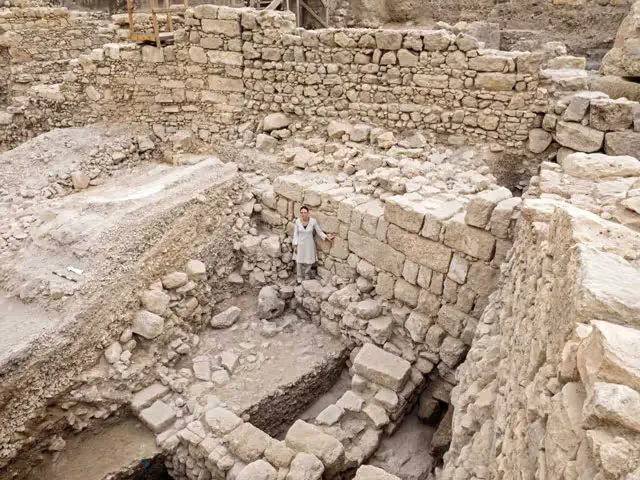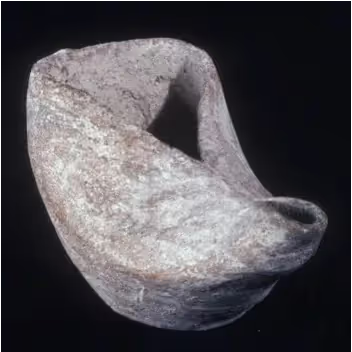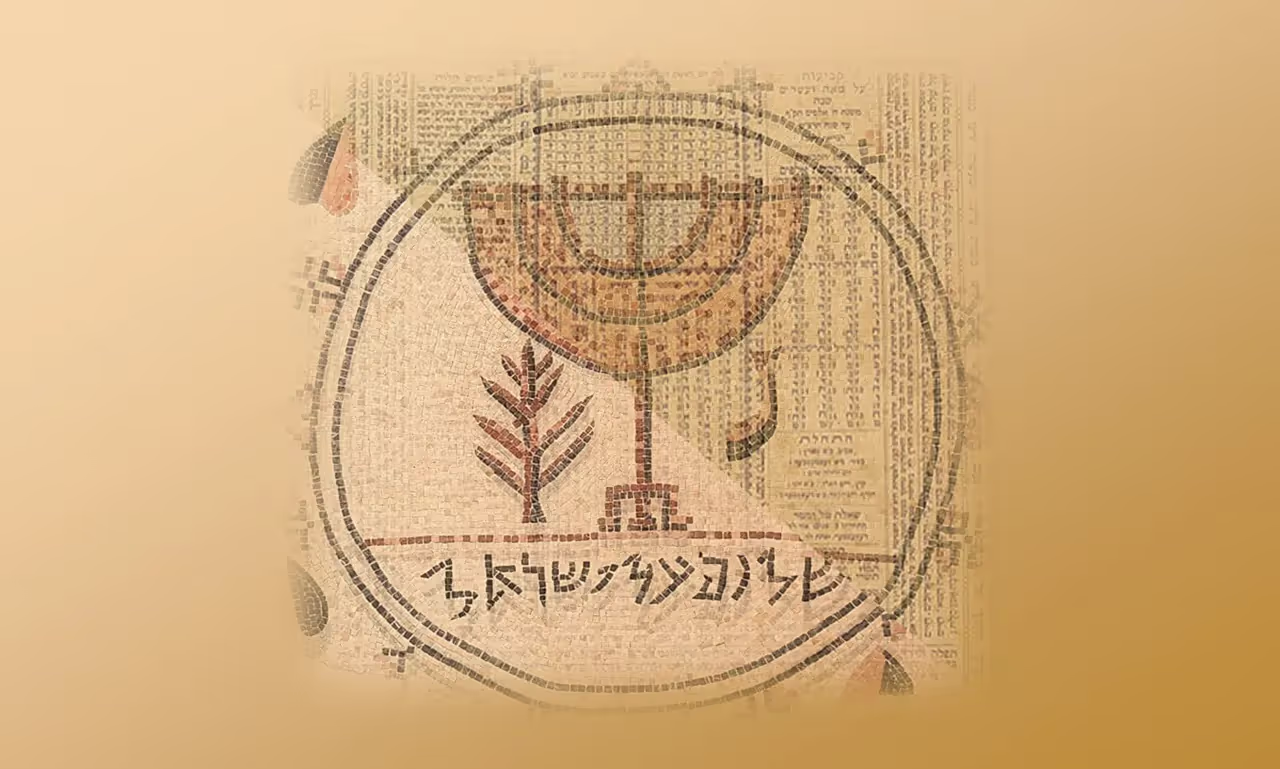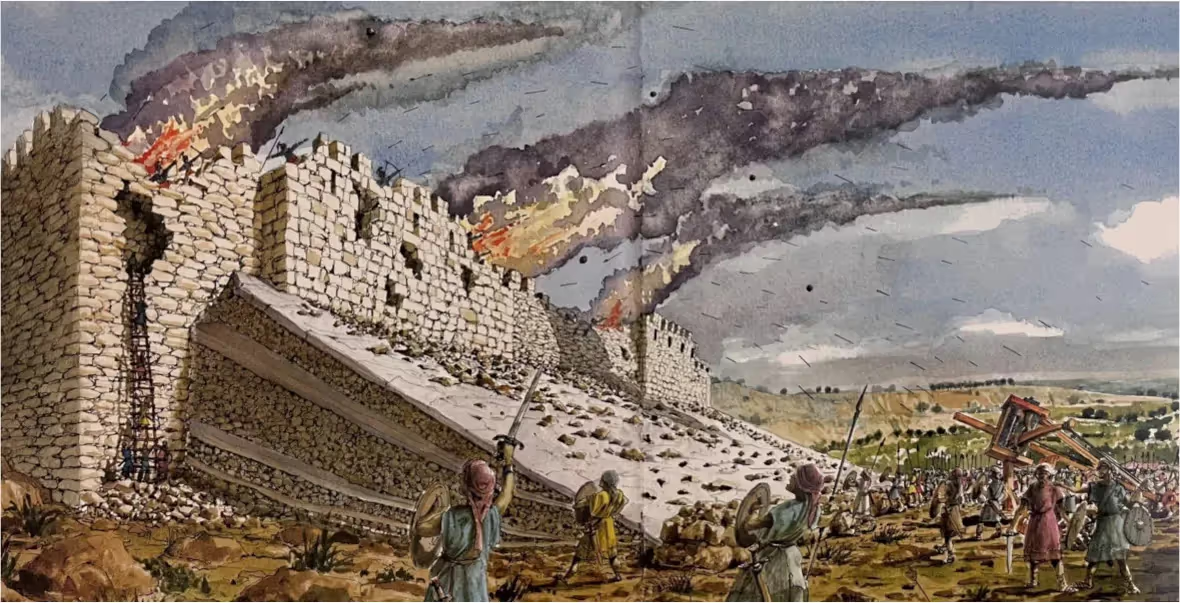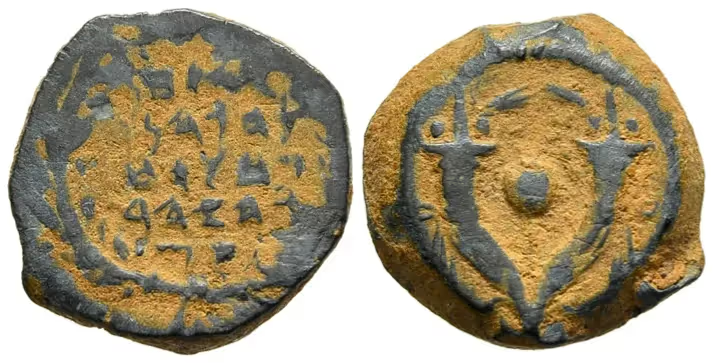La helenización de los judíos
Muchos judíos se dejaron seducir por la cultura griega, sobre todo la clase alta se alineó con las autoridades griegas e imitó sus costumbres. Conocidos como helenistas, enviaban a sus hijos a gimnasios y revocaban su circuncisión a través de un procedimiento doloroso llamado epispasmo.
Josefo, Antigüedades 12.5.1
«Menelao, y los hijos de Tobías... estaban deseosos de abandonar las leyes de su país y el modo de vida judío... deseaban el permiso [de Antíoco Epífanes] para construir un gimnasio en Jerusalén... también ocultaron la circuncisión de sus genitales; para que aun cuando estuvieran desnudos, pudieran parecer griegos. En consecuencia, dejaron de lado todas las costumbres que pertenecían a su propio país e imitaron las prácticas de otras naciones».
Apareció una nueva fractura que se convertiría en una gran división religiosa hasta el final del período del Segundo Templo. Dos estudiantes, Sadoc y Bisos, defendieron una nueva forma de judaísmo bajo la influencia griega. Los seguidores de Sadoc, llamados Zadukim o Saduceos, rechazaron la idea de la participación de Dios en los asuntos del hombre y negaron la inmortalidad del alma del hombre sin tener en cuenta la recompensa y el castigo divinos. Esto se oponía a la corriente principal de los judíos observantes que seguían a los Perushim, fariseos o rabinos que difundían la Torá e instaban a la nación a proteger la distinción del pueblo judío de otras naciones y religiones paganas. Los saduceos desempeñaron un papel clave en la corrupción del sacerdocio, y adquirieron la posición a través del dinero y el asesinato.
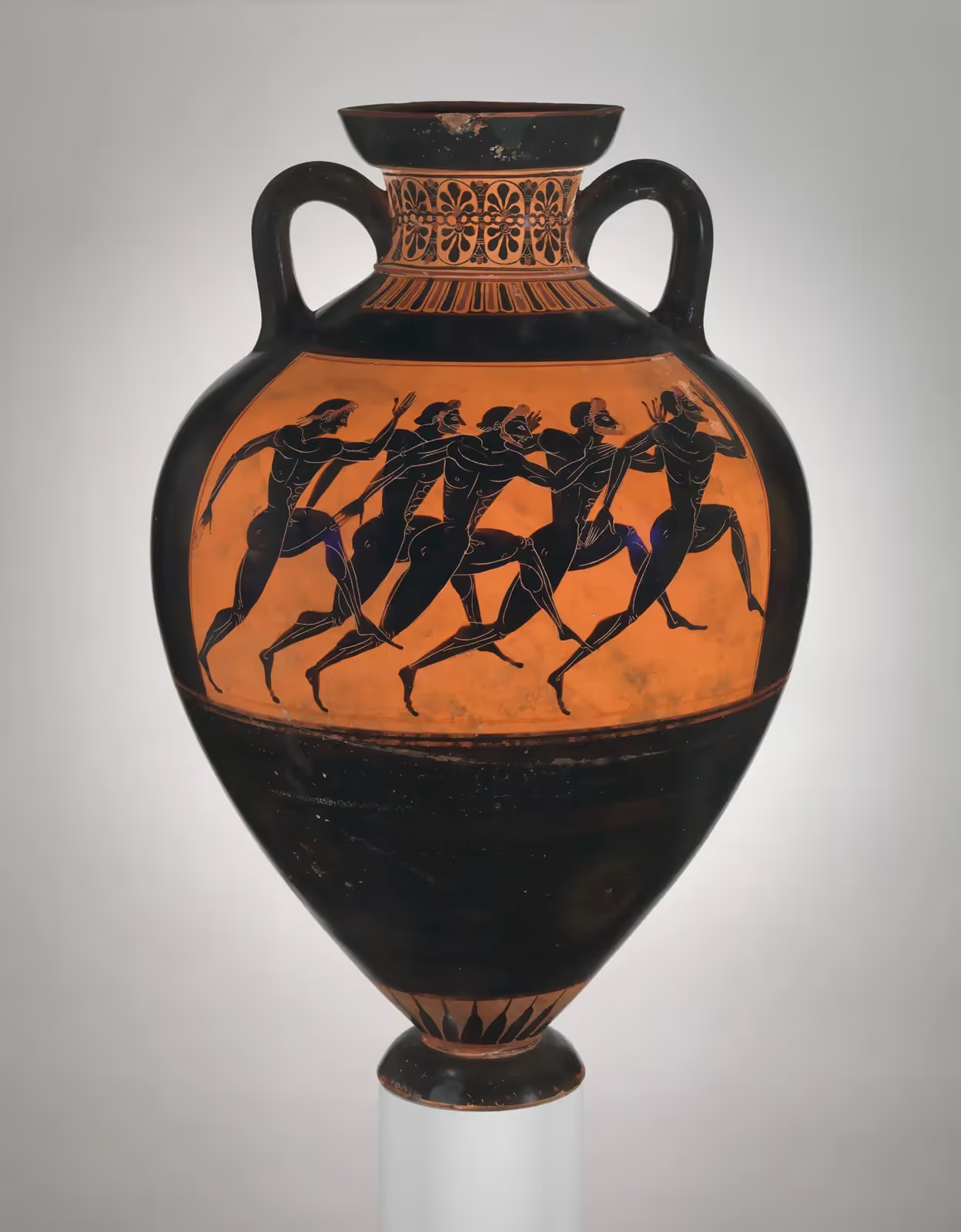
Terracotta Panathenaic Prize Amphora Attributed to the Euphiletos Painter, c. 530 BCE
The Metropolitan Museum of Art, New York
Visión general
Josefo, Antigüedades 12.5.1
«Menelao, y los hijos de Tobías... deseaban abandonar las leyes de su país y el modo de vida judío... deseaban el permiso [de Antíoco Epífanes] para construir un gimnasio en Jerusalén... también ocultaban la circuncisión de sus genitales (epispasmo); para que aun cuando estuvieran desnudos pudieran parecer griegos. En consecuencia, dejaron de lado todas las costumbres que pertenecían a su propio país e imitaron las prácticas de otras naciones».




